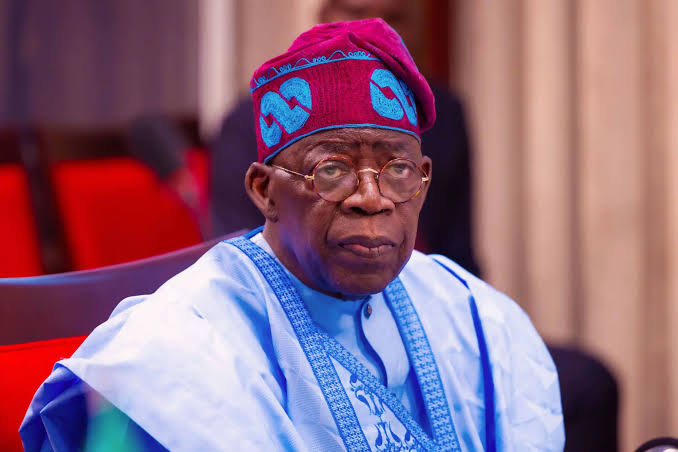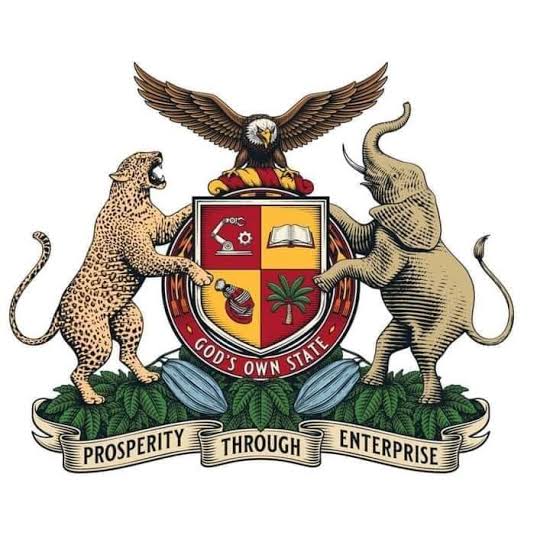Abia H. A. B. 31 OF 2025, An Avoidable Imposition Of Additional Suffering On Abia People.
Sunday (Nkwo) 27-07-2025.
Given, it is the responsibility of Abia State House of Assembly to make laws for the good governance of the State. In discharging that obligation, the overall interest of the People must have to be taken into consideration.
Any piece of legislation that does not capture public good, can only be inimical to the welfare and, of course, security of the polity.
No doubt, Abia State House of Assembly may be concerned about the nuisance that various non-biodegradable packaging materials do constitute in the State, and, therefore, is determined to address the menace from a legislative perspective. It, indeed, shows ‘concern’.
But this legislative angle does not provide the required solution to the challenge. It, rather, creates more problems of a very dangerous dimension. Taxing Producers of Nylon and Paper materials for packaging of such essentials like water, cement,fufu, biscuits, and so on, and, of course, Traders and Operators of restaurants that use those materials to package their wares will be a step in a different direction.
The proposed law may not check proliferation of non-biodegradable materials in the State. It could rather increase its reckless use.
Equity Global Reporters Ltd is of the opinion that instead of H. A. B. 31of 2025 placing emphasis on taxing Producers and Traders in this respect, which would eventually increase prices of goods sold using the said materials, and, therefore, negatively affect the already weak purchasing power of the Abia residents, the Law should be geared towards reinvigorating the already existing Laws on Environmental Cleanliness and Sanitation. The Law should focus on the Imperative of making it convincingly compulsory that any user of non-biodegradable items, being materials that can not be decomposed by the activities of living organisms such as bacteria and fungi, shall make such such materials are appropriately and timely disposed of after use. The penalty or fines contained in the proposed H. A. B. 31 2025 should target defaulters who fail to dispose such materials accordingly.
If H. A. B. 31 of 2025, by ommission or commission, is passed into Law, the implications would be too numerous to be counted. As it is known, Governments, the world over, are the least employers of labour. Likewise, the Private Sector is the hub of employment in Abia State. When the Private Sector is mentioned in Abia State, the pictures that appear immediately are the Small and Medium Scale Enterprises, SMEs. In Abia State, the SMEs employ about 80% of the total workforce of the State.
Once this Bill is allowed to metamorphose into a Law, it will force industries like those that produce Sachet Water to increase their prices. Even though water is basically a necessity, it could make people to drink less water because of the cost, not minding health implications that could readily result from its attendant dehydration. Once that happens, Management of such Companies will have no alternative other than cut down production. Following that action will be retrenchment of workers. The social and economic implications of retrenchment should not be lost on Abia State House of Assembly, and the Abia State Government.
Besides, it sounds completely awkward, and, to some extent, embarrassing, that while the Tinubu-led Federal Government has, on the 26th of June, 2025, most patriotically put into motion Tax Reform Acts that guarantee Increased Exemption Threshold for Companies which Turnover and Fixed Assets do not exceed N100,000,000.00 and N250,000,000.00, respectively, Abia State House of Assembly appears to be embarking on a flight only designed to suffocate life in in the State. This should not be!
This proposal brings to the fore the social and economic importance of the State Government thinking outside the box. The way to go is getting foreign partners that could help the State Government establish a Waste Recycling Industry. With increase in urbanisation and very high generation of waste, both biodegradable and non-biodegradable, Waste Recycling, and not taxation by a State Government that receives nothing less than Twenty-Two Billion Naira monthly from the Federal Government of Nigeria following the instant removal of Fuel Subsidy by President Bola Ahmed Tinubu, is the best option, and surely the answer.
Sir Don Ubani is the Publisher of Equity Global Reporters Ltd.



